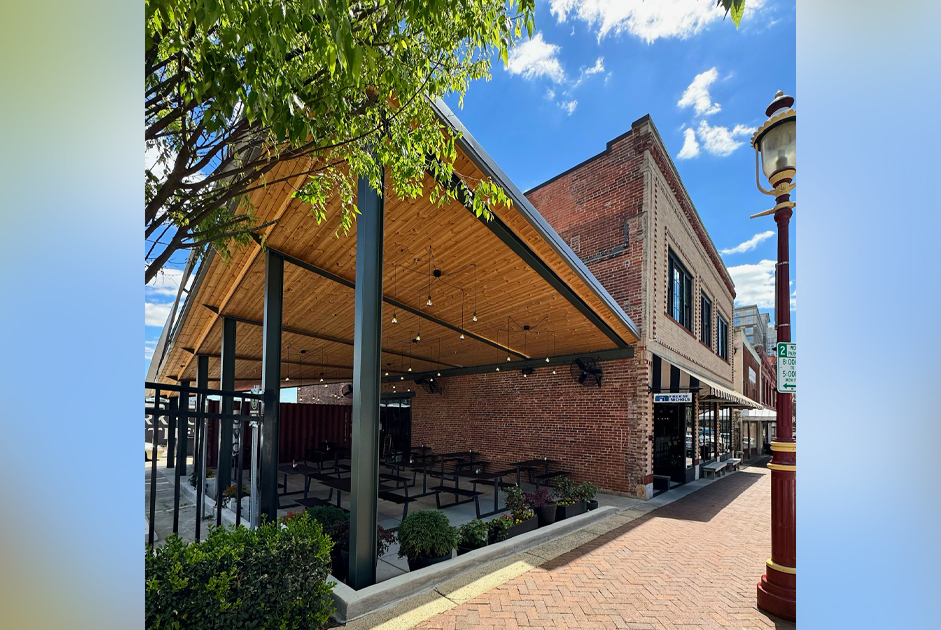There is a growing population within mainline Protestant congregations who do not want to go to church anymore. I confess, I do not blame them.
The culture of Christianity reigned sovereign over the past several generations and deeply imprinted a sincere and genuine faith in Jesus Christ with a belief in the notion of sacred Sunday mornings and social niceties
Now, as this culture continues its decline, impacted by a myriad of differing trends and shifts, many who pledged allegiance to Christian culture and institutional religion are struggling with the decline: pastors fudge attendance records and reporting; churches compete for the attention of millennials; congregations bemoan the missing children and young families who filled their pews in the 1950s. Many leaders are quick to scapegoat globalization, technology or the travel soccer schedule. Regardless, the trend is clear: people do not want to go to church anymore.
They don’t want to get dressed up, sit still for an hour, be preached at, solicited for funds or guilted into giving—especially for a new building. (Crystal Cathedral Ministries board filed for bankruptcy in 2010 citing a $36 million mortgage debt, proving that just because you build it, does not mean they will come. Ouch!).
At its origin, church was never intended to be something you “do” on Sunday morning or a place to go to worship. Church is a body of believers. A movement marked by hope and radical forgiveness. It’s a redeemed and redeeming fellowship where Jesus Christ is King. This growing crowd, resisting an antiquated church culture, may in fact be the grounds for new life and regeneration in the Christian faith.
No, people do not want to go to church, but I’m fully convinced people do want to gather in peace. They want a grace-filled community where they may express and explore their faith. They long for a space to ask sincere questions and receive relevant answers. People desperately want a way to serve their community, to impact the lives of people in need, and to witness life transformation. People want to love and to be loved. That has never changed and will never change with the culture.
Earlier this year I was fortunate enough to attend a conference focusing on fresh expression of church. Church leadership, clergy and laity, gathered to prayerfully consider how we could listen to the needs of our communities and respond in mission and ministry—apart from Sunday morning. Bishop Graham Cray, spokesperson for the Fresh Expressions movement, identified a key question for every church to consider: who will never be reached if we only do [the same thing every Sunday morning]?
What a great question to journey with, as we navigate this season of Lent and set our hearts and hopes on Resurrection Sunday. Who will never know the forgiving grace of God or the joy and peace of reconciled life, if we only “do” Sunday Morning? How will we be church to those who refuse to go to church?
I believe the renewed future of Christ’s Church sits, percolating, in this era of decline. I believe fresh expressions of church are about to emerge. I believe these new expressions will bear the fragrance of Christ’s redeeming love and will thus draw new believers into communities committed to mission, justice and peace. Who knows where the Holy Spirit will take us Monday through Saturday: perhaps a supper club, brewery, biking community? Perhaps that fresh expression may be the spark that ignites a passion for a new generation to follow in Jesus’ footsteps.
*For more information, visit freshexpressionsus.org




















